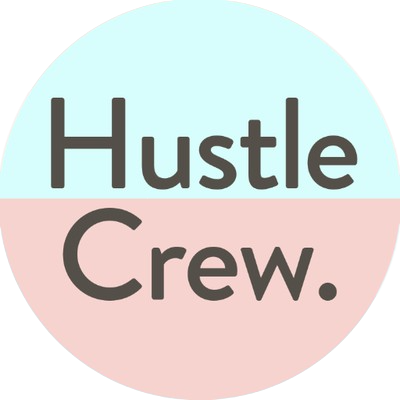Want to be a better ally? ❤️ Do this
We all want to support each other and 'do the right thing' — but sometimes it's hard to know where to start.
Let's start from the top, an ally is a person from a dominant group supporting and taking action to help members of a marginalised group. For example, an able-bodied person can be an ally to disabled individuals.
Our founder Abadesi explains in this video:
"The point of being an ally is recognising that the privileges you share with other members of a dominant group are powers that someone else may not have. It's important to recognise the power you have and use it for good". — Abadesi Osunsade
Discomfort is the real cost of change
As a member of a dominant group, your allyship is powerful! If you're doing it right, you're going to be uncomfortable. It might sound counterintuitive, but it's true.
Challenging the status quo isn't easy, we want to let you know that it's OKAY to be uncomfortable. There will always be growing pains but what's important is you take action! The truth is, that feeling of discomfort may be a peek into how members of an underrepresented group feel on the regular. Use that uncomfortable feeling as motivation to ensure no one ever has to feel that way again.
'But I don't want to overstep or say the wrong thing - what do I do?'
The truth is, you can't be avoidant if you want to be an active ally. Allyship means action.
You're not always going to get it right, but hey, we're all human and we all make mistakes! Don't dwell on it, learn from it, apologise and move on. If you're really worried, be honest about your thoughts, and have conversations with friends from other groups who can provide constructive feedback in a safe space.
Make sense, so what do I do next?
Here's a scenario, you're in a team meeting and someone has just made a comment that is offensive to a minority group.
Here's what you can do:
Be proactive and take initiative - Challenge inappropriate phrases or language without reverting to your ally to "double-check" whether they are inappropriate or not as it puts a burden on them. This doesn't have to be confrontational, a simple "what did you mean by that?" will suffice. This can be done in the moment or after the fact. Think, how would you approach any other inappropriate comment? Don't be afraid to trust your instincts and use your voice.
Consider the feelings and emotions of your underrepresented colleague - If this event has just happened, they are probably still feeling hurt or are in so much shock that they don't know how to react. Give them some space but also use your judgment. Taking action behind the scenes and dropping them an email to let them know what you have done is a great approach.
Use your power and privilege - If you’re a member of a dominant group, or a leader in your company, use your privilege to take action and advocate for the person who might be on the receiving end of challenging behaviour.
This is one of many topics we cover here at Hustle Crew where we have worked with thousands of companies to teach them these inclusion skills. Get in touch here.
Future-proof your workforce with Hustle Crew
Would you like to improve your diversity and training programmes within your company?
Do you want to raise cultural awareness and understanding across all communities in your company?
Would you like to retain your top underrepresented talent by supporting them with the best resources?
Welcome to Hustle Crew.
Since 2016, we’ve been providing. Since 2016, we’ve been helping companies like Sky, Stella McCartney and more to become more diverse, through our Recommended Programme — which includes ‘Fostering Inclusion’ and ‘Understanding Bias’ workshops. Navigating conversations about diversity can be challenging, but driving long-lasting change in your company is possible.
